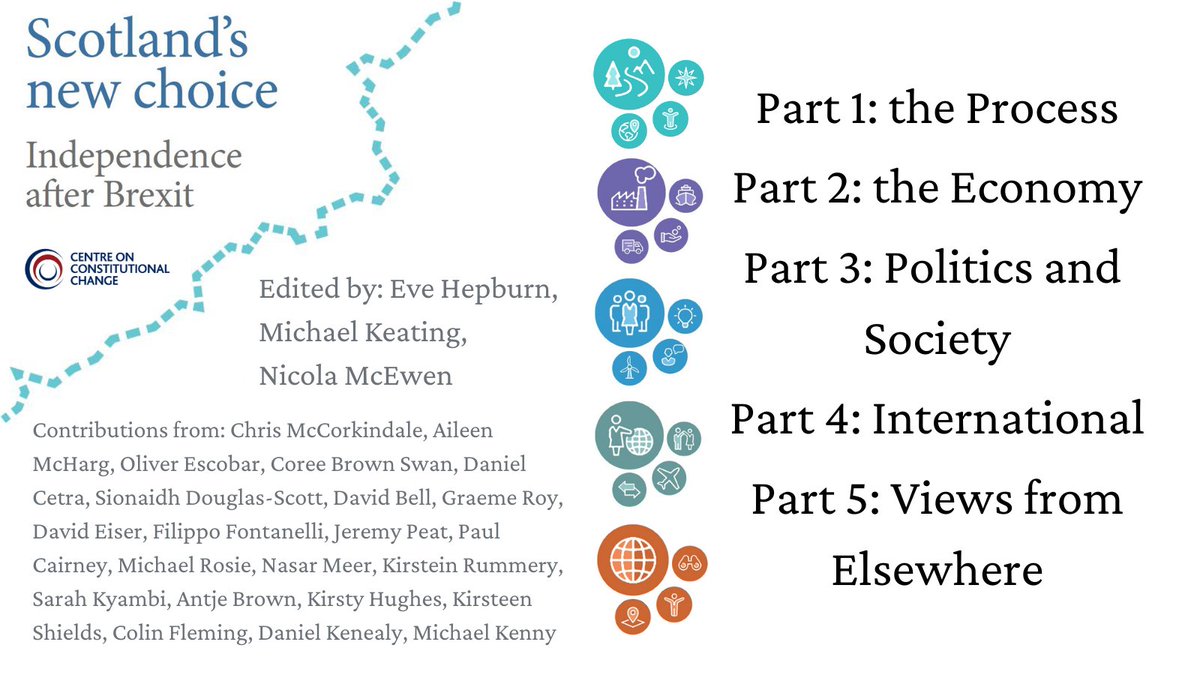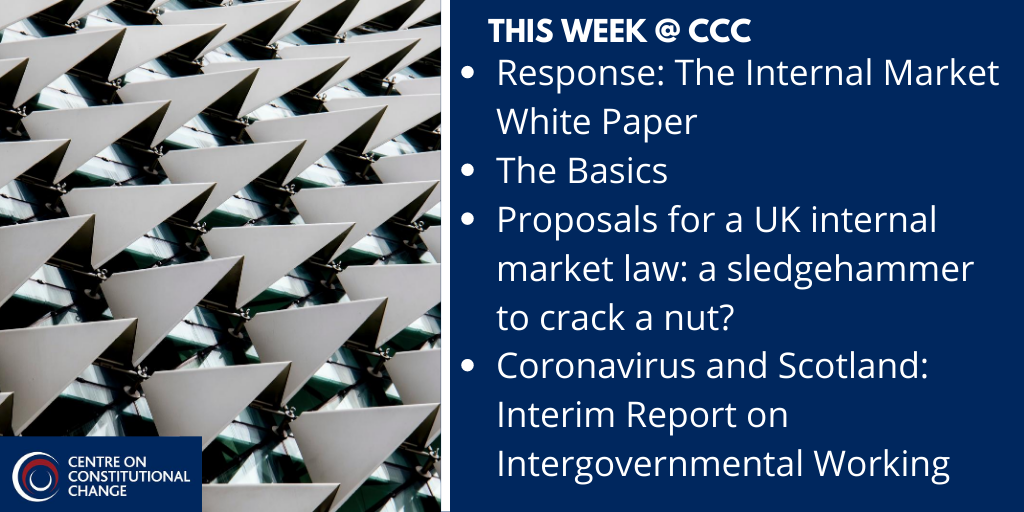Michael Keating of @CCC_Research @UKandEU responds to news that @BorisJohnson will move to prorogue parliament #Prorogation
Thread
Thread

1/ Prorogation of Parliament suggests that the Prime Minister anticipates a no-deal Brexit.
2/ If a new deal with the EU were to be achieved, prorogation means there is hardly time to get it through Parliament, let alone the necessary legislation, between Parliament coming back and the 31 October deadline for withdrawal.
3/ There are only a few scant chances that prorogation could be stopped.
4/ House of Commons Speaker John Bercow has previously vowed to resist it, but it is not clear at this stage how that might done.
5/ There is a case currently in the Court of Session in Edinburgh, testing the legality of prorogation. A ruling is anticipated next week.
6/ The opposition parties, with the support of dissident Conservatives, might pass a vote of confidence in the Government, paving the way for an election.
7/ This would require them to reverse the decision they took only yesterday, not to go for confidence vote but to find parliamentary means to stop a no-deal Brexit.
8/ They would have to act very quickly and show a unity that has so far been lacking
9/ This incident exposes yet another gap in our uncodified constitution.
10/ The constitution is based on parliamentary sovereignty but Parliament cannot even control when it sits.
11/ We do not have a working head of state to intervene and arbitrate when there is a government crisis, as is happening currently in Italy.
12/ Government, lacking the support of Parliament, claims that its mandate stems from an advisory referendum three years ago, a device unknown to the constitution.
13/ As usual, we are making up the rules of the game as we go along.
• • •
Missing some Tweet in this thread? You can try to
force a refresh









